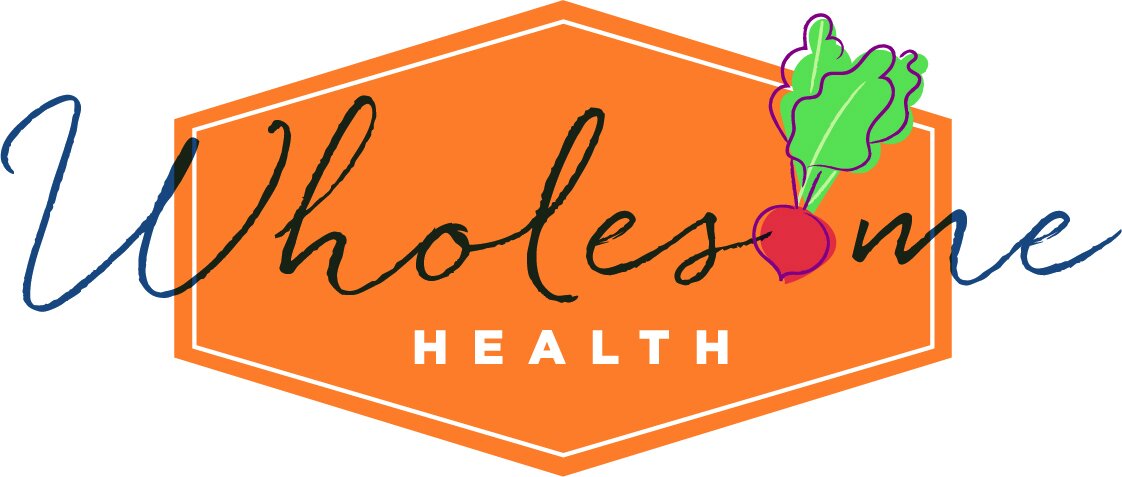How to Get Enough Calcium Without Eating Dairy!
When we think of calcium we often think of milk or cheese. But what if you can’t eat these dairy products because of a food allergy, intolerance, or you just don’t like the taste? Well, fear not! There are plenty of non-dairy foods that can provide you with the calcium you need. Today, I’ll discuss why calcium is important, how much you should get each day, and the best non-dairy sources.
Why is calcium important?
Calcium is a mineral that has several important functions in the body. Not only does it help build and maintain strong bones and teeth, but it also makes sure nerves and muscles function properly. It even helps to ensure your heart is beating as it should.
Inadequate amounts of calcium in the diet can lead to a higher risk for osteoporosis, which causes weak and fragile bones. If you are not getting enough calcium in your diet, your body will start to remove it from your bones so that it can be used for other important functions. Over time, this will weaken your bones and make them more likely to break.
How much calcium do I need?
How much calcium you need depends on how old you are; most Americans are not consuming enough calcium. The chart below lists recommendations from the National Institutes of Health:
| Age | Daily recommended amount of calcium |
|---|---|
| 0-6 months | 200 mg |
| 7-12 months | 260 mg |
| 1-3 years | 700 mg |
| 4-8 years | 1,000 mg |
| 9-18 years | 1,300 mg |
| 19-50 years | 1,000 mg |
| Men 51-70 years | 1,000 mg |
| Women 51-70 years | 1,200 mg |
| 71 years and older | 1,200 mg |
Should I take a supplement?
If you can’t get the calcium you need through food, supplements are also an option. Talk with your doctor or a dietitian to determine if you are getting enough calcium and if you could benefit from a supplement.
The body needs vitamin D in order for calcium to be absorbed, so most calcium supplements also contain vitamin D. Vitamin D is a nutrient that many people lack that live in northern climates, so a supplement containing both can be helpful.
Non-dairy sources of calcium
Below are non-dairy foods that are good sources of calcium according to the USDA. You may be surprised by some of them!
| Food | Amount of Calcium | |
|---|---|---|
| Canned fish | 3 oz sardines | 324 mg |
| 3 oz salmon | 168 mg | |
| Soy products | 3 oz tofu | 150 mg |
| 1 cup edamame | 96 mg | |
| Nuts and seeds | 1 cup cooked amaranth | 116 mg |
| 1/4 cup almonds | 92 mg | |
| 1 tbsp chia seeds | 67 mg | |
| 1 tbsp tahini | 64 mg | |
| Vegetables | 1/2 cup white beans | 96 mg |
| 1 cup raw collard greens | 84 mg | |
| 1 cup raw bok choy | 74 mg | |
| 1 cup raw kale | 52 mg | |
| 1 cup raw broccoli | 35 mg |
Many fortified foods also contain calcium, such as oats, cold cereal, and orange juice. Most non-dairy milks are also fortified with calcium, but be sure to check the label to make sure this is the case. For example, 1 cup of Silk soy milk contains 450 mg of calcium, which is more than 1 cup of cow’s milk!
How much calcium do dairy foods have?
For comparison, dairy foods contain the following amounts of calcium:
| Food | Amount of calcium |
|---|---|
| 1 cup whole milk | 300 mg |
| 1 cup skim milk | 325 mg |
| 1 oz cheddar cheese | 199 mg |
| 6 oz low-fat plain Greek yogurt | 196 mg |
| 6 oz low-fat plain yogurt | 311 mg |
Now that you know calcium is so important for you, I challenge you to find out if you are eating as much as your body needs! Remember that calcium doesn’t only have to come from dairy sources, so don’t worry if you have a food allergy or intolerance. Some people don’t like the taste of dairy foods and that’s okay because there are plenty of non-dairy sources of calcium out there. What are your favorite ways to get calcium through foods that don’t contain dairy?



